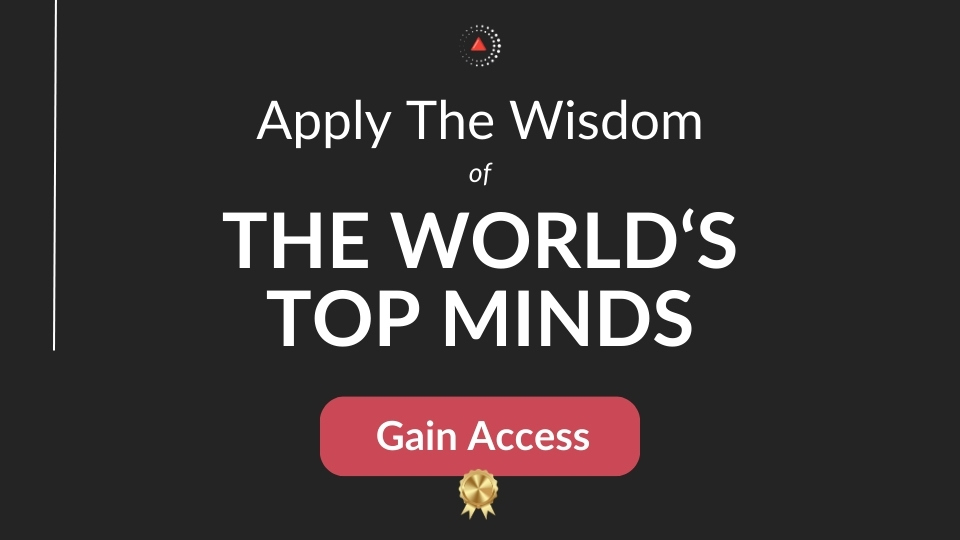If a machine is expected to be infallible, it cannot also be intelligent.
What's the meaning of this quote?
Quote Meaning: The essence of the quote lies in the inherent trade-off between infallibility and intelligence within machines. At first glance, it suggests a paradox: the pursuit of absolute reliability, or infallibility, clashes with the capacity for intelligence. To truly understand this statement, one must delve into the realms of artificial intelligence (AI) and the nature of machines.
In the context of machines, infallibility refers to flawless performance or a lack of errors. Imagine a machine designed to execute tasks without any mistakes, always producing perfect outcomes. This ideal of infallibility is often sought after in critical systems where errors can have severe consequences, such as in aviation, healthcare, or nuclear facilities. However, achieving absolute infallibility is a monumental challenge due to the complexities of real-world scenarios and the inherent limitations of technology.
On the other hand, intelligence in machines refers to their ability to perceive, understand, and adapt to various situations. Intelligence enables machines to learn from data, recognize patterns, make decisions, and even exhibit creativity in some cases. Unlike infallibility, which focuses on error avoidance, intelligence involves navigating uncertainties and making judgments based on incomplete or ambiguous information.
The quote suggests that there is a fundamental tension between these two ideals within the realm of machine design. To be truly intelligent, a machine must possess the capacity to learn from its experiences, which inherently involves the possibility of making errors along the way. Intelligence arises from the ability to explore different possibilities, experiment, and sometimes fail in the process of learning and adaptation.
Conversely, if a machine is engineered to be infallible—to never make mistakes—it would lack the flexibility and autonomy necessary for true intelligence. Infallibility often necessitates rigid rules and strict constraints to prevent deviations from the desired outcome. However, such rigidity stifles the ability to explore alternative solutions or adapt to novel situations, limiting the machine's capacity to exhibit genuine intelligence.
Moreover, the pursuit of infallibility can lead to overly complex and brittle systems that are vulnerable to unexpected failures or external disturbances. Paradoxically, the quest for perfection may result in fragility rather than robustness. In contrast, intelligent systems often demonstrate resilience by leveraging diverse strategies and learning from failures to improve their performance over time.
Ultimately, the quote serves as a cautionary reminder that the quest for infallibility should not come at the expense of intelligence in machines. While striving for reliability is important, it is equally crucial to embrace the inherent uncertainties and imperfections of the real world, allowing machines to learn, adapt, and evolve in pursuit of truly intelligent behavior. Balancing these conflicting objectives remains a central challenge in the ongoing development of artificial intelligence and autonomous systems.
Who said the quote?
The quote "If a machine is expected to be infallible, it cannot also be intelligent." is often attributed to Alan Turing (Bio / Quotes). Alan Turing was a British mathematician and computer scientist who played a key role in cracking Nazi codes during World War II and is considered the father of modern computing.
Chief Editor
 Tal Gur is an author, founder, and impact-driven entrepreneur at heart. After trading his daily grind for a life of his own daring design, he spent a decade pursuing 100 major life goals around the globe. His journey and most recent book, The Art of Fully Living, has led him to found Elevate Society.
Tal Gur is an author, founder, and impact-driven entrepreneur at heart. After trading his daily grind for a life of his own daring design, he spent a decade pursuing 100 major life goals around the globe. His journey and most recent book, The Art of Fully Living, has led him to found Elevate Society.

























